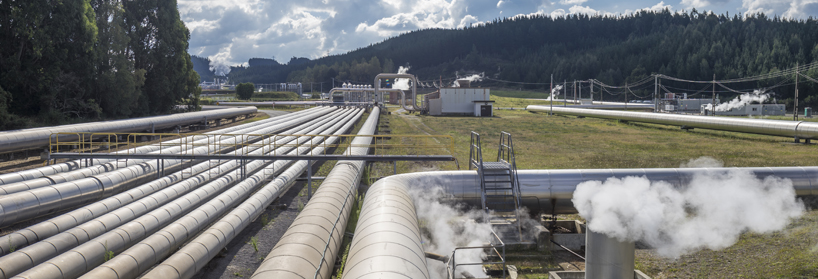Home » Blog » Mexico Wholesale Energy Market » How Energy Reform Is Impacting Mexico’s Gas-Power Industry
How Energy Reform Is Impacting Mexico’s Gas-Power Industry
On December 21, 2013, Mexico’s Energy Reform Bill became law and effectively ended 75 years of monopoly by state-owned company Petróleos Mexicanos (PEMEX). As the Mexico Energy Market shifts from public to private, energy providers will have the opportunity to expand and grow their business like never before by participating in the newly formed Mercado Eléctrico Mayorista.
In January 2016, Mexico’s Oil & Gas industry became privatized with the hopes that attracting private investment will not only result in duplicating the same success that the U.S. has had with its shale drilling, but will also boost economic job growth with the addition of two million new jobs by 2025.
In the long term, Mexico’s goal is to reduce its dependency on U.S. gas by increasing gas production within its borders. At the same time, Mexico’s gas consumption is also expected to rise from a rate of 1.6 billion cubic feet per day (Bcf/d) in 2012 to a rate of 4.9 Bcf/d in 2027. The majority of this growth will be driven by private and independently owned power plants, which are slowly decreasing their dependency on coal.
As gas consumption rises, and Mexico continues to open up its production to private investment, more pipelines will be needed to keep up with the increased volume. Currently, the entire country of Mexico has only 5,500 miles of oil and gas pipelines. That may sound like a lot, but when you consider that the state of Texas alone has 55,000 miles of pipeline, there’s a lot of work to be done. To meet this demand, Mexico plans to build 22 natural gas pipelines in the next 15 years.
The increased investment in infrastructure will drive competition in pipeline and storage operations. As more privately owned pipelines and storage facilities are built, there will be an increased need for gas transportation and storage management software. These tools will allow providers to focus on strategic initiatives by automating their business processes and help them maintain regulatory compliance.
About the author:
Sheldan Perry is a highly skilled professional with more than 25 years of detailed functional and technical knowledge in oil & gas, pipeline transportation, and energy software development. Perry is currently the Manager of Gas Systems at OATI and is responsible for coordinating the development of a natural gas transportation management system and maintaining the existing gas management system.
- May 5, 2016
